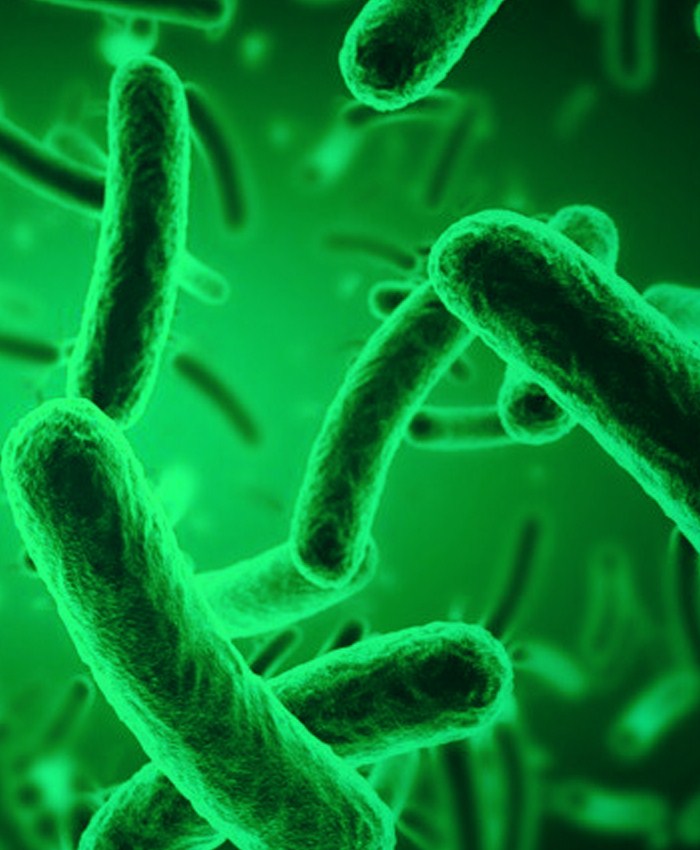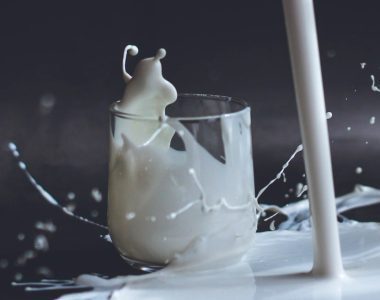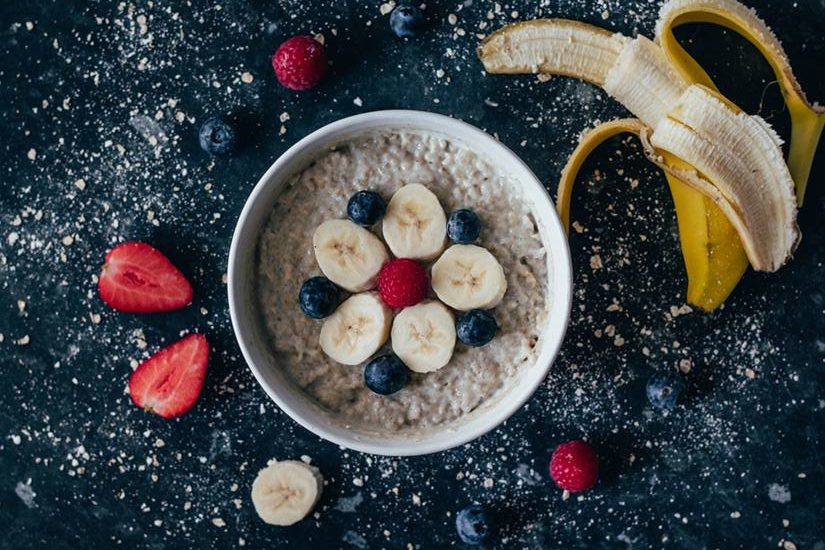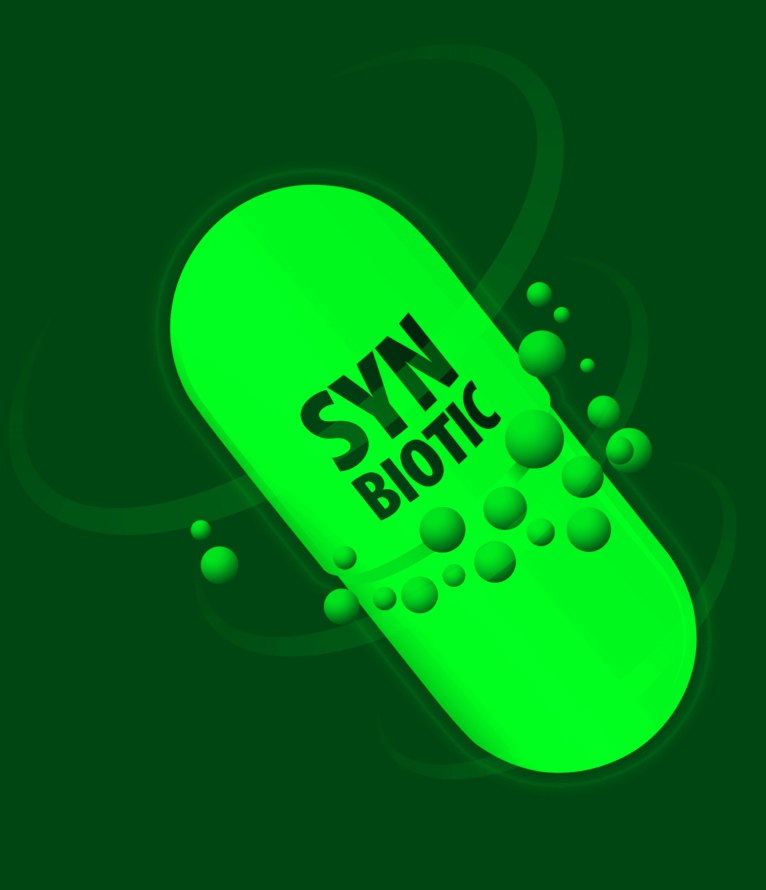Probiotic and Prebiotic
In this article, we will first define the correct definition of microorganisms and their effect on the body, then will deal with probiotics and prebiotics. Due to the unique characteristics and features of probiotics, these formulations have attracted special attention and are used in various industries beyond food and beverages. The purpose of Pars Tamara in this article is to introduce and show the importance of probiotics and prebiotics in various industries.

The Role of Microbes in the Digestive System
Microorganisms in the internal environment of the digestive tract are key players in the health of living organisms. These microorganisms, which are called the so called natural intestinal flora, are responsible for protecting the body’s immune system and performing a significant part of the metabolism. Microorganisms in the digestive system produce a wide range of enzymes and compounds needed to break down food and release absorbable substances during their activity. Therefore, a significant part of the absorption of nutrients in the feed is due to the activity of the natural intestinal flora. On the other hand, the increase in the population of beneficial microorganisms prevents the growth of harmful bacteria in the digestive system and will ultimately strengthen the immune system, maintain health and improve growth.
During the life of any living organism, the population of beneficial microorganisms in the digestive system decreases due to factors such as the following.
- Some diseases
- Taking even one course of antibiotics
- Improper diet plan with low nutritional value
- Overgrowth of bacteria that are not beneficial to the body
Therefore, maintaining the balance and increasing the population of beneficial microorganisms in the digestive system is essential. Providing the materials required by these microorganisms is done through the consumption of probiotic and prebiotic products.
probiotic
Probiotics are beneficial microorganisms that are provided externally and after consumption cause an increase in the intestinal flora population. These microorganisms or probiotics exist naturally in some foods. As:
- Village dairy
- Non-industrial pickles
- Homemade apple cider vinegar
- Fermented products such as kefir, cambogia, kimchi, etc

Prebiotic
Prebiotics are a type of fiber that is considered as suitable food for the beneficial microorganisms of the digestive system. Therefore, by feeding the intestinal flora, these substances indirectly increase the population of beneficial microorganisms in the digestive system. Whole grains, bananas, onions, garlic, legumes, and many fruits and vegetables are good sources of prebiotics.

Synbiotic
Products that include a combination of beneficial microorganisms (probiotics) and food sources and feeding fibers for these bacteria (prebiotics) are called synbiotics. In fact, synbiotics contribute to better and stronger functioning of beneficial microorganisms in the digestive system.

Application of Probiotics in Industries
As mentioned, probiotics are not used only in the food industry. In the following, some of the industries that are currently using probiotics will be mentioned.
Probiotics in Agricultural Industries
Due to the high potential of this product, probiotics are used in agricultural industries to improve soil health, increase plant growth and fight plant diseases. Probiotics can be used as soil improvement or seed treatments to promote beneficial microbial communities and increase crop yield. Also, due to the hormones and anti-pathogen metabolites they produce, these microorganisms can be used as growth stimulants and biological pesticides.
Probiotics in Aquaculture Industries
Probiotics are used in aquaculture industries due to their role in improving the health and growth of fish and other aquatic organisms. They can be added to fish and shrimp feed or applied directly to aquaculture systems to increase disease resistance, improve digestion and increase nutrient utilization. Also, a special type of probiotics, with a high ability to break down organic substances, is used in aquaculture systems to purify biological water. It should be noted that these microorganisms must be used with the appropriate concentration in the diet of aquatic animals in order to have the desired effect.
The benefits of probiotics in aquaculture farms:
- Biological water treatment
- Preventing bacterial infections
- Boosting the immune system
- Improving growth
- Rising survival and reduced casualties
- Reducing stress and anxiety
- Increase the absorption and supply of nutrients
- Reducing environmental pollution
- Reducing disease and rising the absorption of nutrients, through the introduction of beneficial microflora to the digestive system
Probiotics in Animal Feed
The presence of probiotics in animal feed as an additive improves health, increases animal growth performance and reduces the need for antibiotics. Probiotics can promote a balanced gut microbiome in animals, leading better digestion, higher absorption of nutrients, and enhanced immune system function. nowadays, in livestock production, due to the occurrence of various side effects, antibiotics have given way to microorganisms.
Pharmaceutical Industry
In the pharmaceutical industry, probiotics are widely used to produce drugs such as probiotic capsules or powders, to treat and prevent certain diseases. These microorganisms are commonly used for digestive disorders such as irritable bowel syndrome, as well as to support overall gut health.
Probiotics in Skin Care and Cosmetic Products
Because of the potential benefits of probiotics, these valuable ingredients are used in skin care and cosmetic products. They are used in products such as lotions, creams, and serums to support healthy skin microbiomes, relieve some skin conditions, and improve skin barrier function.
Waste Management and Bioremediation
It may seem interesting, but probiotics are also useful in waste management and bioremediation. This material is used in various environmental environments due to its high ability to decompose organic waste and purify pollutants. Probiotics can be used in waste water treatment systems, landfills, and contaminated sites to increase microbial activity and accelerate the breakdown of organic compounds.
These materials can also be used as microbial starters in various food industries with specific purposes. The followings are some industries in which this material is applied:
Dairy Industry
Microbial formulations are widely used in the production of dairy products. For example, we can mention the application of these formulations in the production of yogurt, cheese, butter milk, sour cream and other dairy products. In general, in the dairy industry, microbial starters convert lactose (milk sugar) into lactic acid, which leads in acidification, texture improvement, and flavor development in dairy products. For this reason, the application of probiotics in the dairy industry has increased nowadays.
Pickles and Pickled Cucumber Industries
In pickles and pickled cucumber industries, microbial starters first feed on the sugar in the raw materials of pickles and pickled cucumber, which is mainly fructose. Then, by turning it into acid, they improve the texture and taste of sourness and saltiness. Carrying out the fermentation process in the production of this category of food industries by using microbial starters, not only reduces the salt used in the processing of pickles and pickled cucumber, but also due to the useful acids produced, the life of the product rises and the preservatives usage. is significantly reduced.
Meat Industry
Microbial starters are used in the meat industry in the production of fermented meats. Based on the type of microorganism which is used, these materials can create a special and desirable taste, color and texture in all kinds of meats. These starters also prevent the growth of harmful bacteria in meat products and reduce the use of preservatives in this industry.
Bakery Industry
In the bakery industry, probiotics are used as sourdough starters to initiate fermentation in bread and other baked goods. Sourdough starters contain a mixture of wild yeast and lactic acid bacteria that help to improve the quality of the dough and provide a unique flavor and texture.
